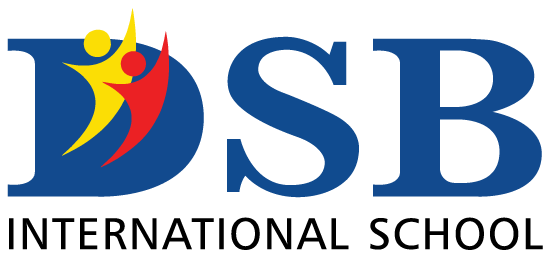The Crucial Role of Retrieval and Metacognition in Effective Learning
In the pursuit of enhancing expertise and fostering effective learning, educators have long emphasised the significance of recall and retrieval. These strategies are integral components of the learning process, contributing to the development of automaticity and long-term retention. However, contemporary teaching methods are far more sophisticated than conventional approaches, taking into account the complex interplay between retrieval and metacognition.
Repetition, or the act of practising information recall, is foundational to the learning journey. As we engage in deliberate practice, our cognitive connections strengthen, enabling us to seamlessly perform routine tasks and comprehend concepts more adeptly. From riding a bicycle to recalling scientific principles, repetition plays a pivotal role in consolidating knowledge. While the term "perfect practice makes perfect" succinctly captures this idea, it's crucial to delve deeper into the mechanisms that drive effective learning.

Metacognitive skills, which encompass self-awareness and the ability to monitor and regulate one's own thinking processes, are inseparable from successful learning outcomes. The parallel development of metacognition alongside repetition provides learners with the tools to optimise their cognitive efforts. When students understand their own learning strategies, they can tailor their approaches to various subjects and tasks. This integration of metacognition allows learners to identify gaps in their understanding, strategically allocate their study time, and apply appropriate cognitive strategies.
Retrieval practice such as brain dumps, concept mapping, quizzes or Think-Pair-Share, involving the active recall of information from memory, aligns closely with metacognition. Engaging in retrieval not only strengthens neural connections but also heightens awareness of what has been grasped and what requires further attention. By actively retrieving information, learners gain insights into their own knowledge gaps and can adjust their learning strategies accordingly. This process of self-reflection and self-regulation is at the core of metacognition, enabling learners to become more efficient and effective in their learning endeavours.
Educators can harness the power of metacognition and retrieval practice by incorporating them into their teaching methods. Encouraging students to reflect on their learning processes, set goals, and monitor their progress can foster metacognitive skills. Additionally, incorporating regular retrieval practice activities, such as quizzes or flashcards, can help reinforce learning and improve long-term retention. To aim for the best of both worlds techniques such as the use of graphic organisers or concept maps can support both retrieval and metacognition through careful instructional design.
In the ever-evolving landscape of education, the importance of metacognition and retrieval practice cannot be overstated. By combining the power of repetition with the self-awareness and self-regulation provided by metacognitive skills, learners can optimise their cognitive efforts and achieve more effective learning outcomes. As educators, it is our responsibility to equip students with the tools and strategies necessary to become lifelong learners who can adapt and thrive in an ever-changing post-AI world.

